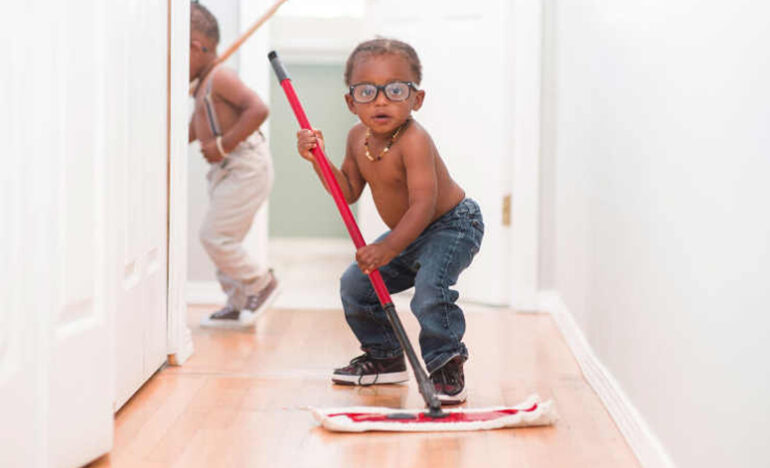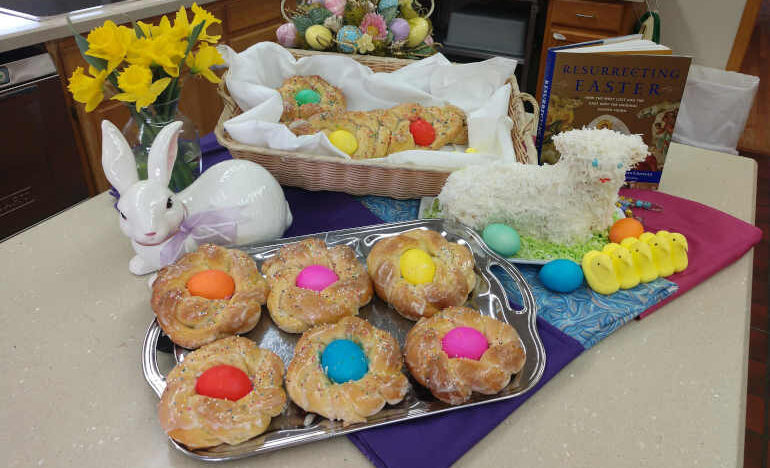Family Matters #3: Positive Identity and Nurturing Personal Power

By Lucia Ferrara
Positive Identity, according to the Search Institute, is a developmental asset, one of the building blocks that help young people grow up into caring, healthy and responsible adults.
How do we attain or teach our children about exhibiting a positive identity? As a mother of three, I have learned that I had to create an environment where I had to share power. I had to learn that my role as a parent is to guide and teach my children and set boundaries for them to grow. “Sharing power” does not mean “equal power.” Like any relationship, the parent-child relationship needs to be “give and take.” In other words, we need to compromise.
Positive Identity can be a building block to a deeper, more meaningful relationship with our kids and it also teaches them about how to exhibit social skills with their peers throughout life. These skills include problem solving, communication, responsibility and negotiation.
As I watch my children grow into young adults, I notice that they have self-confidence and high self-esteem, signs they are gaining a positive identity. Encouraging our children to make responsible decisions, and knowing the consequences of making some “not so good” choices allows them to grow their identity. By giving them a little freedom with limits, we are able to share the power.
Young people need to feel they have some control over things that they do and think about.
Respect is earned. As we mature together, parents and children work together to build strong relationships. We not only influence each other but we learn to collaborate together. Providing opportunities for collaboration is important for developing a positive identity in your children. For example, give them chores to do; like taking out the trash or setting the table. Assign a project to do at home, like organizing the food pantry or clothes closet. This gets them involved in the house.
These small tasks are stepping stones to developing responsibility and personal power. Young people need to feel they have some control over things that they do and think about.
One thing I treasure in my household is when we all are at the dinner table. We talk about all kinds of things like; how their day went in school, swim practices, or youth night at church. The dinner hour is a time for my family to ask each other their views on current events or simply share ideas and opinions with mutual respect. No matter what your family looks like, encourage each to be positive and love one another.
I want to leave you with some thoughts for reflection and questions until our next Family Matters article:
1. Do you ask your kids for input on projects, activities, or views on current events or situations that are happening in your family or community?
2. Ask yourself, what have you learned from your children? Talk to them about it, be excited and show it!
Reflect on a time when you and your family worked together to solve problems and reach goals.
Until next time.
[Lucia Ferrara, the Director of Hospitality at Precious Blood Renewal Center and the lead organizer here of Parent Cafes. Share your thoughts with Lucia or ask her questions at info@pbrenewalcenter.org. Read more about the Parent Café here.]
Never miss an article published to the Renewal Center website: Sign up to receive our newsletters.
Image above by StockSnap from Pixabay
Related

Easter Bread (Pane di Pasqua)
By Lucia Ferrara
Easter bread is a fun bread. It’s a fun bread to make with your children, with your family, with neighbors and friends. The tradition of Easter bread dates back centuries and comes from many parts of the world.

Easter Sunday, the Resurrection of the Lord
Today’s scriptures tell us how three days changed the world. How have they changed you?
Categories
Assembling God's Puzzle Coffee with Padre Cooking & Spirituality Encounters of the 4th Kind Family Matters Reflections on the Eucharsitic Prayers Spiritual Resources Taize Prayers The Contemplative Life Traveling with Pilgrims of Hope Uncategorized Videos Week of Prayer for Uhristian Unity When you need a little help
